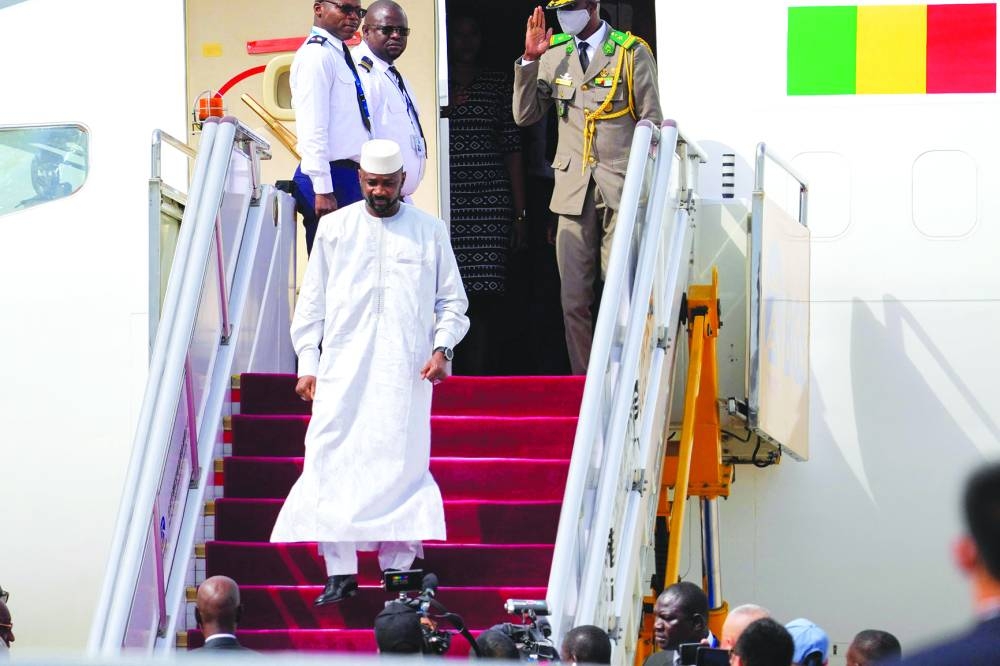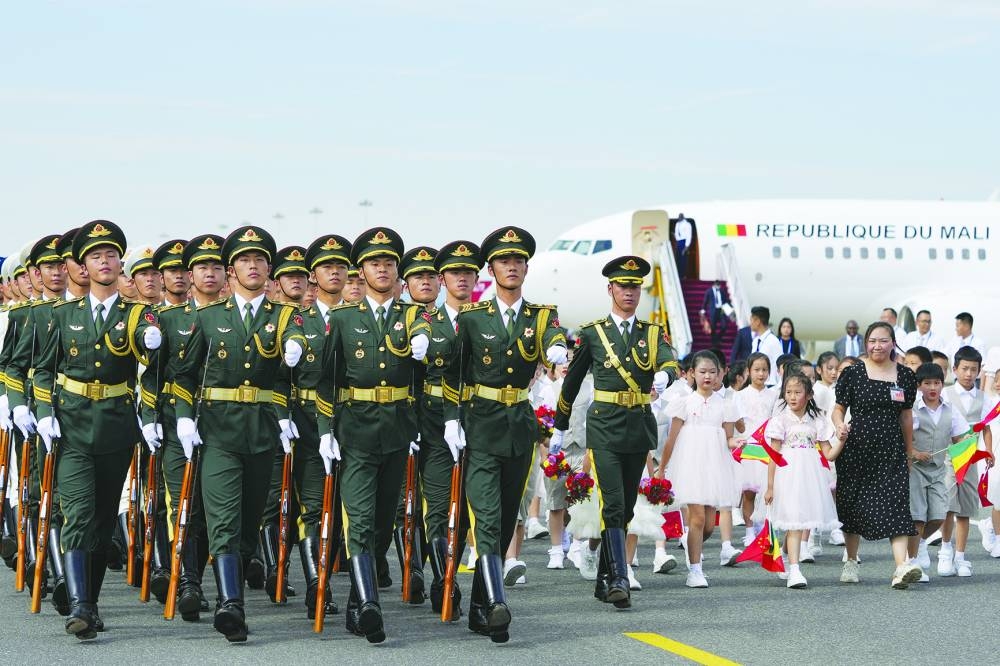China will urge a summit of 50 African nations in Beijing this week to take more of its goods, before Western curbs kick in on its exports such as electric vehicles and solar panels, in exchange for more pledges of loans and investment.
But the dozens of African leaders arriving in the Chinese capital for the three-yearly event may not be easy bait. They will want to hear how China plans to meet an unfulfilled pledge from the previous summit in 2021 to buy $300bn of goods. They will also seek assurances on the progress of incomplete Chinese-funded infrastructure projects, such as a railway designed to link the greater East African region.
“The prize is going to go to those countries who have carefully studied the changes in China and align their proposals with China’s new slimmed-down priorities,” said Eric Olander, co-founder of the China-Global South Project.
“That’s a big ask for a continent that generally has very poor China literacy.” Africa’s biggest two-way lender, investor and trade partner is moving away from funding big-ticket projects in the resource-rich continent, preferring instead to sell it the advanced and green technologies Chinese firms have invested in heavily.
As Western curbs on Chinese exports loom, Beijing’s top priority will be finding buyers for its EVs and solar panels, areas where the US and European Union say it has overcapacity, and building overseas production bases for emerging markets. China has already started tweaking conditions for its loans to Africa, setting aside more for solar farms, EV plants and 5G Wi-Fi facilities, while cutting back on bridges, ports and railways.
Last year, China offered 13 loans of just $4.2bn to eight African states and two regional banks, data from Boston University’s Global Development Policy Centre showed, with about $500mn for hydropower and solar projects.
GEOPOLITICAL JOSTLING
When President Xi Jinping opens the ninth Forum on China-Africa Co-operation Summit on Thursday, he is expected to pitch plugging into China’s burgeoning green energy industry to leaders from Gambia, Kenya, Nigeria, South Africa, and Zimbabwe.
In attendance will also be delegates from every African state except Eswatini, with which Beijing has no ties.
To avoid losing market share, China’s geopolitical rival, the US, has started to host African leaders.
Britain, Italy, Russia and South Korea have also held Africa summits in recent years, recognising the potential of the region’s young people and its 54 UN seats.
China’s outsized role as a financial and trade partner makes its meetings a far bigger deal, however. “There is no other development partner that does that much,” said Hannah Ryder, founder of Development Reimagined, an African-owned consultancy.
“But are African leaders able to push China to really dig in so that the balance of the ‘win’ is way more towards the African side?”
China will want to talk up boosting trade and access to minerals like copper, cobalt and lithium in countries such as Botswana, Namibia, and Zimbabwe.
But it could be cautious about more funding commitments following debt restructuring bids in economies such as Chad, Ethiopia, Ghana and Zambia, since the 2021 summit.
“We are likely to see a continued prudence in terms of financing mega projects,” said Lina Benabdallah, of the Centre for African Studies at Harvard University, adding that Beijing would push for technology transfers instead.
“I am most certainly keen to understand how many new finance commitments may come out of this, and how they’re going to deal with existing debt to African countries,” said Yvette Babb, portfolio manager at asset management firm William Blair.
But China’s enthusiasm to lend might be dampened by security concerns, such as a spat between Niger and Benin that killed six Nigerien soldiers guarding a PetroChina-backed pipeline,
or deadly protests in Kenya over tax hikes.
International
China to pitch green tech exports to African leaders as Western curbs loom
* Beijing to host 2024 African summit from Wednesday to Friday * Aims to recalibrate economic, trade ties with Africa * Move comes as Western curbs on Chinese goods loom * African nations may not totally align with Beijing's aims

Mali's interim president Assimi Goita arrives at Beijing Capital International Airport in Beijing, yesterday.

Members of the Chinese honour guard walk past as Interim President of Mali, Goita, arrives ahead of the 2024 Summit of the Forum on China-Africa Co-operation (FOCAC) in Beijing.
